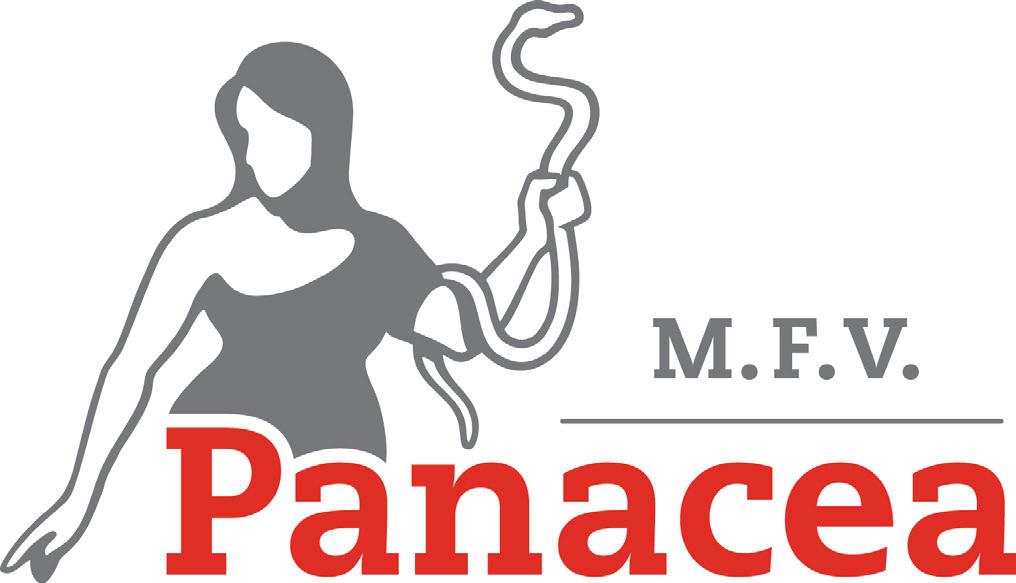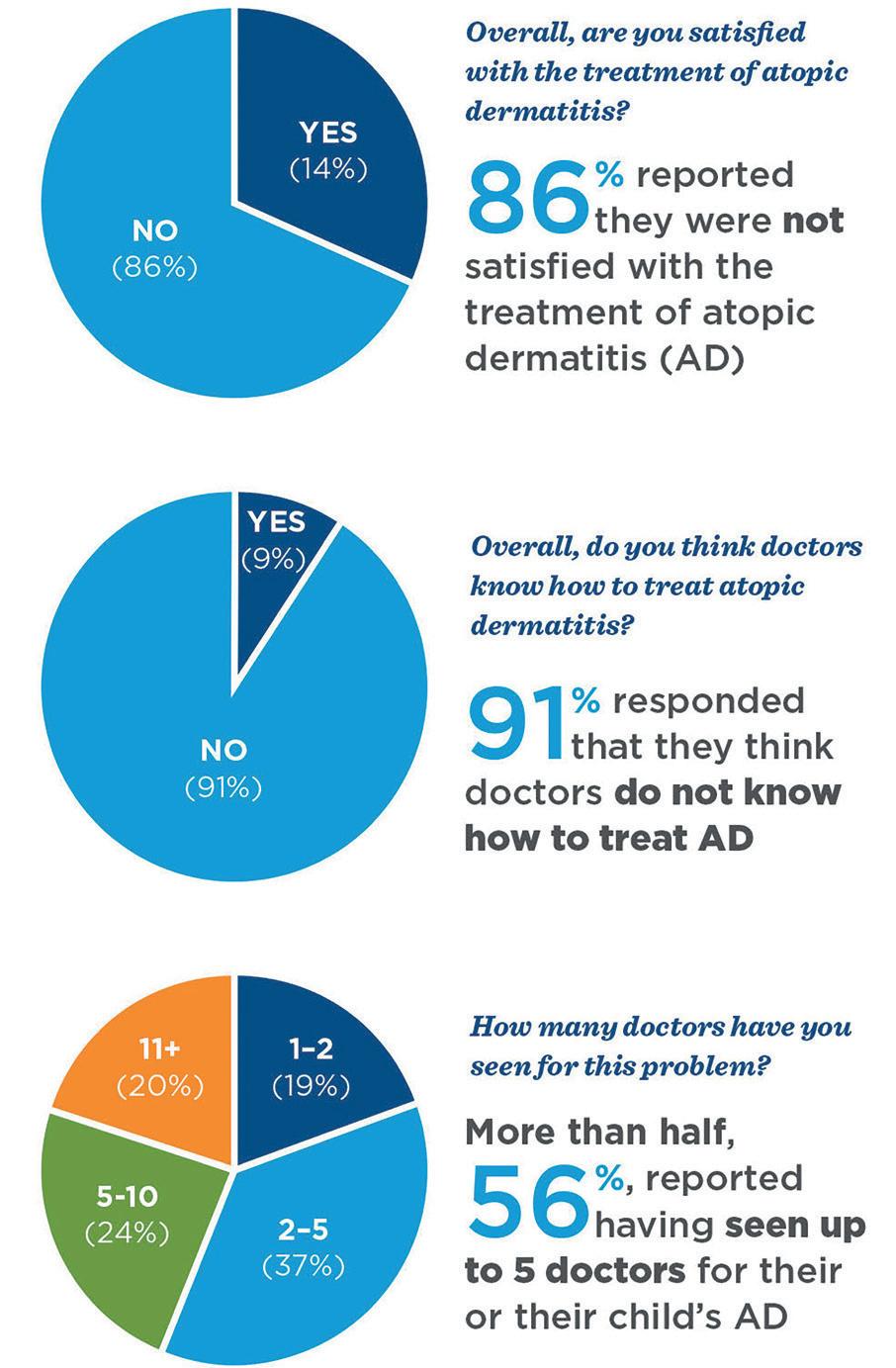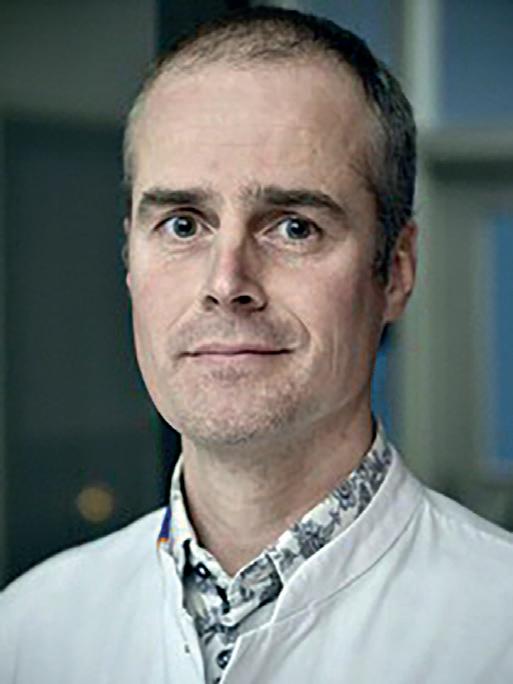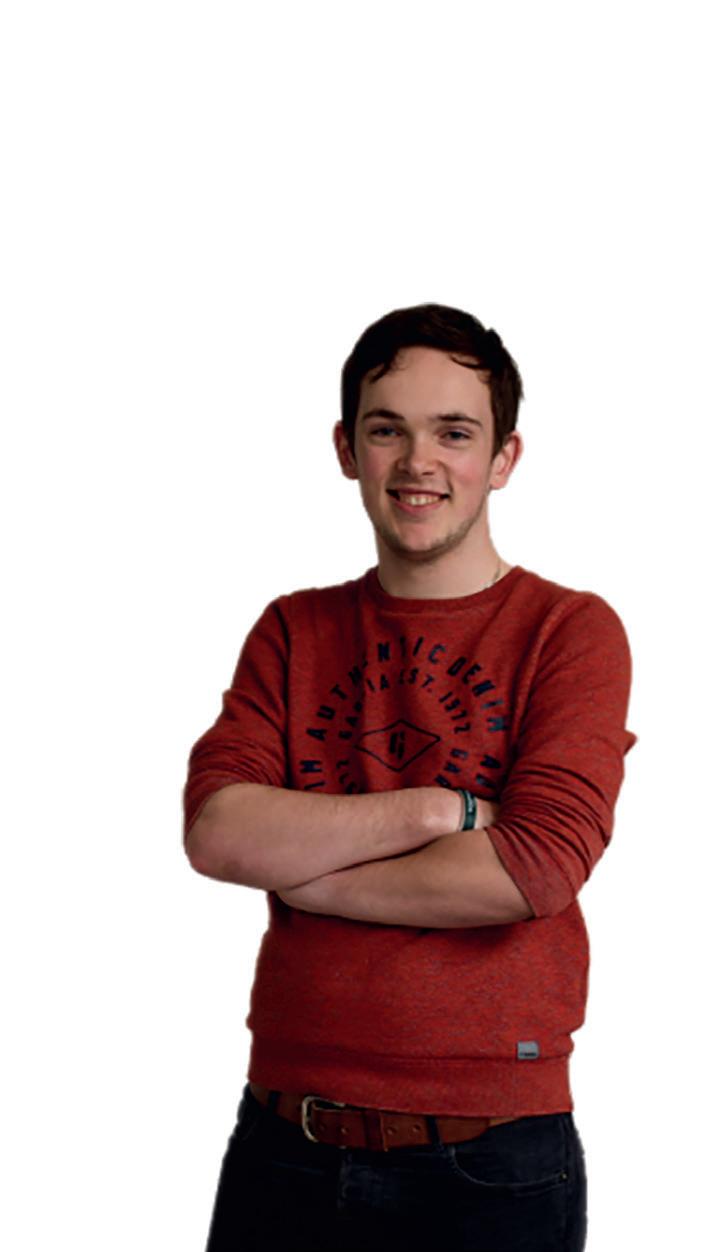Ivanka van Wijk
An illness you can’t hide My experience as a medical student with a skin condition Chronic. Never-ending. No cure. These are painful words that unfortunately many patients have to hear in the doctor’s office. Having a disease is never fun. It’s painful, it’s embarrassing, and it can impact your life in unexpected ways. However, chronic conditions carry with them an additional burden. This burden is knowing that your pain and discomfort isn’t temporary. It’s a persistent problem that you have to continuously try to readjust your life to. It’s knowing at the end of the day, things might not get better. Even if you’re able to manage your symptoms with medication and adjustments, it’s a lifelong subscription to pills, pharmacy visits, and endless doctors appointments.
At a young age, I was diagnosed with atopic dermatitis, otherwise known as eczema. My parents were told it was a common condition, and were given a tube of steroid cream to use when I had a flare-up. They were told I would most likely grow out of it. As a little kid, I didn’t give this much thought. It sometimes kept me up at night itching, but other than the discomfort I was a happy kid. However, as I got older, I became more aware of what other people think of my skin. Other kids would point at it and ask what was wrong with me. ‘Ew, is that contagious?’ ‘What’s wrong with your skin?!’ ‘Try moisturizer!’ are some phrases I’ve heard. Nobody could see the hours I put into taking care of my skin, with prescription medication and endless tubes of moisturizer. People would stare when I wore short sleeve shirts. I became self-conscious and
“Ew, is that contagious?” “What’s wrong with your skin?” “Just use moisturizer!” started wearing sweaters in the summer, only leading to sweating and worse flare ups. For many conditions, it is a hidden struggle. But for chronic skin conditions, it’s a battle that’s written all over your body. It’s an additional factor to consider as a body-conscious teenager in a world so focused on appearances. It’s missing pool parties because the chlorine burns your skin, and the thought of everyone seeing you in a bathing suit making you feel sick. It’s throwing away bath bombs, perfumed lotions, and makeup. It’s constantly thinking about and avoiding anything that might trigger your skin.
26
Today, I’m twenty years old, and I never outgrew eczema as my doctors had hoped. While my actual skin became thinner from steroid creams and damage, my skin grew thicker against people’s comments. I’m studying Medicine, my dream field, and I have so much to be thankful for despite my eczema. I’m excited to help people in the future who feel just as frustrated and hopeless with their health as I have felt with mine. However, being a medical student with such a visible illness carries its own challenges. I overhear friends discuss the pictures of skin conditions we see in lectures and textbooks, calling them gross and nauseating. Pictures of skin that looks a lot like mine. ‘I’ll never specialize in dermatology, yuck!’. Eager, interested students look at my skin and comment what they think it is, and how I should treat it. I can’t blame them, as they mean no harm; however it’s not nice to be seen and treated as a medical case by my peers. During a particularly bad flare up in my second year, my eczema appeared on my face and neck. I had red, blotchy patches right where everyone could see. Eczema on my eyelids causes my eyes to sometimes swell shut. I stopped going to lectures and hid in my room, only leaving to get groceries. My roommates tried to get me out into the world again. As you might expect, my grades suffered a lot during this block of the semester. Despite this, being a medical student with a skin condition is not always a bad thing. I really understand my illness now, and how my body works. I appreciate being healthy in all other aspects, as I now have an awareness of other conditions besides my own, and how they negatively impact people’s life. I’m thankful to have a working heart, lungs, and be healthy enough














